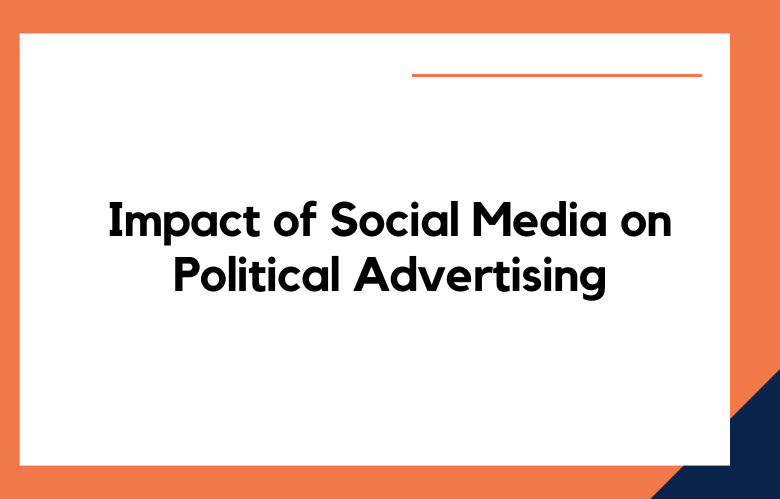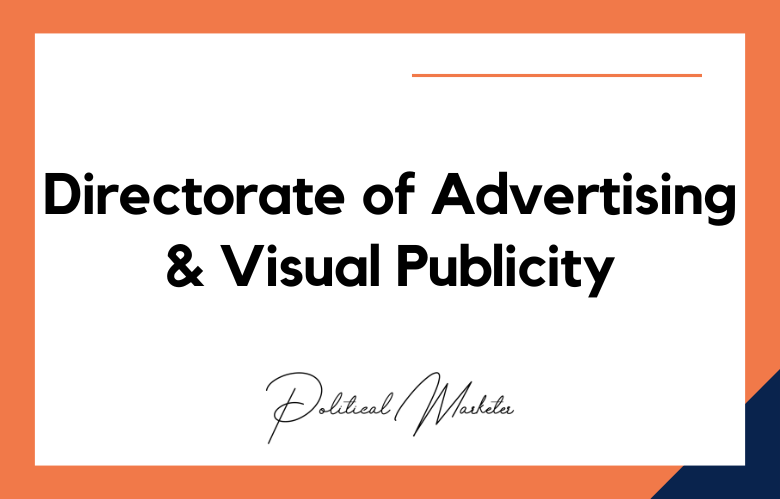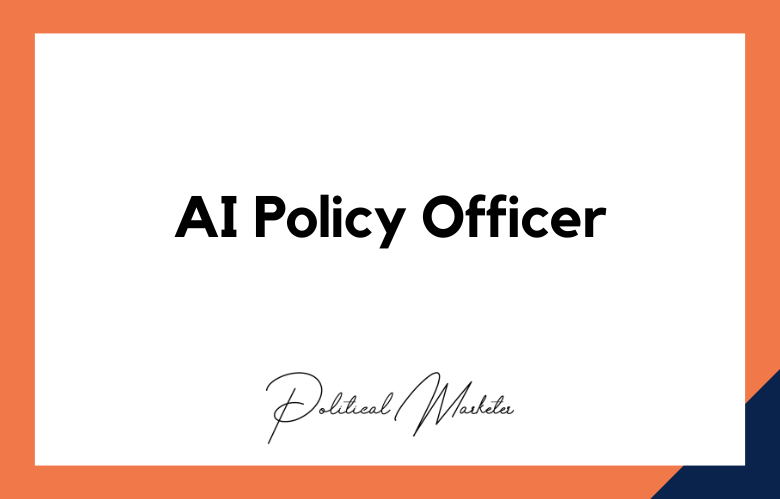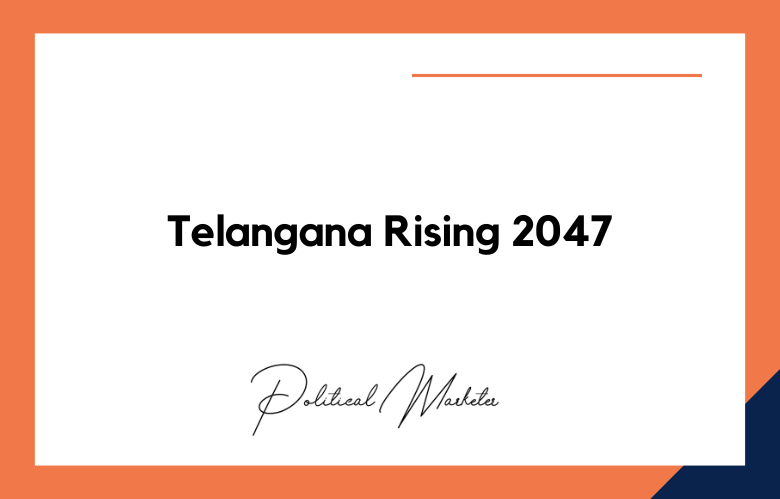Did you know 70% of voters say political ads influence their opinions? The public perception of political ads plays a crucial role in shaping election outcomes. These ads can sway minds, spark debates, and even lead to misinformation. Understanding how people view these advertisements is critical for candidates and voters alike. Political ads are everywhere, from social media to TV screens. Their impact goes beyond just catchy slogans or flashy visuals. They can create lasting impressions and fuel emotional responses. We uncover the public credibility and effectiveness by exploring the public’s feelings toward these ads. This post dives deep into the impact of Social Media on political advertising and its effects on voter behavior.
Key Takeaways
- Public perception of political ads is changing, with more people questioning their credibility. It’s essential to evaluate the messages presented critically.
- Social media is a powerful tool for political advertising, but it also raises concerns about misinformation. Stay alert to verify information before sharing.
- Challenges like ad fatigue and skepticism can weaken the effectiveness of political ads. Campaigns should focus on authenticity and transparency to engage audiences better.
- The future of political advertising may involve more personalized approaches. Candidates should consider tailoring their messages to resonate with specific voter groups.
- Engaging with voters through interactive content can enhance the effectiveness of political ads.
Importance of Political Ads
Role in Elections
Political ads play a crucial role during election cycles. Candidates increasingly rely on political TV ads to share their messages. These advertisements help candidates reach a broader audience. In recent years, digital platforms have transformed the political ad market. Social media allows for targeted advertising, reaching specific voter groups. This targeting improves the effectiveness of political ads. Campaigns can analyze data to find which messages resonate most with voters.
Influence on Voters
Political ads can significantly sway undecided voters. They often use emotional appeals to connect with the audience. For instance, a favorable political ad may highlight an achievement or personal story. This connection can shape voter preferences. Studies show that exposure to political advertisements correlates with increased voter turnout rates. The more people see these ads, the more likely they are to vote.
Shaping Public Opinion
Political ads also shape public opinion and discourse. They frame issues that matter to voters. For example, a political ad might focus on healthcare or education reform. This framing influences how people think about these topics. Effective ads can alter perceptions about candidates or policies. Repeated messaging reinforces ideas over time. This repetition can lead to long-term changes in public attitudes.
Public Perception Trends
Trust and Skepticism
Public trust in political advertisements has declined. Many viewers express growing skepticism towards these ads. Factors like perceived dishonesty play a significant role. People often feel that ads manipulate facts or emotions to sway opinions. Research shows that younger voters tend to be more skeptical than older generations. Those with different political affiliations exhibit varying levels of trust. For example, individuals who identify as independent often distrust both significant parties’ ads more than party loyalists.
Emotional Impact
Political ads frequently use emotional storytelling to engage viewers on a personal level. Common emotions include fear, hope, and anger. Ads that evoke fear often highlight threats or dangers related to policies. Hopeful messages focus on positive changes and future benefits. Anger can arise from portraying opponents negatively. These emotionally charged ads can significantly influence voter decision-making. Studies indicate that voters are likelier to remember ads that trigger strong feelings.
Regional Differences
Cultural differences across regions affect how people perceive political ads. Acceptance of political advertising can vary widely based on geographic location. For instance, urban areas may respond differently than rural communities. Local issues also shape the content of these advertisements. In some regions, economic concerns dominate, while others may focus on social issues like education or healthcare. Advertisements tailored to local needs often resonate better with viewers.
Social Media and Political Ads
Public Concerns
Many people worry about misinformation in political advertising. Misinformation spreads quickly on social media platforms. This can mislead voters during elections. A study found that 70% of social media users encounter false information in ads.
The public also calls for higher ethical standards in political campaign advertisements and transparency about who funds them. Clear labeling helps users understand the source of the information, and stricter rules improve trust in political ads.
Regulation Debates
Debates continue over the need for regulations on political advertising. Supporters argue that stricter rules protect voters from misleading content. They believe regulations can ensure fairness in election campaigns. Critics, however, claim that too many rules may limit free speech.
Social media companies play a crucial role in regulating content. Platforms like Facebook have policies to manage false claims in advertisements. However, enforcement still needs to be consistent. Some argue that the government should create clear guidelines for online ads.
Impact on Younger Audiences
Younger audiences engage with political ads differently than older generations. Many young voters primarily use social media sites for news and information, making social media a powerful tool for reaching them through campaign ads.
Social media platforms allow for targeted advertising based on user interests. Short videos or interactive content often resonate better with this group.
Research shows that younger voters respond well to relatable and authentic messages. Campaigns that use humor or personal stories perform better among young audiences. Ad formats like memes and stories are prevalent on platforms like Instagram and TikTok.
Challenges Facing Political Ads
Misinformation Issues
Misinformation poses significant challenges in political advertising. False claims can spread quickly, especially on social media. This can mislead voters and distort their understanding of candidates and issues. Fact-checking organizations play a crucial role in countering these false narratives. They investigate claims made in presidential campaign TV ads and other formats. Their findings help clarify the truth for the public. Misinformation damages trust in political ads and campaigns. When people encounter conflicting information, they become skeptical of all messaging. This skepticism can lead to disengagement from the political process.
Ethical Considerations
Targeting specific demographics with political ads raises ethical questions. Advertisers often focus on groups like women or minorities to maximize impact. While this can be effective, it risks crossing ethical lines. Persuasive advertising should inform, not manipulate. Advertisers must balance effectiveness with integrity in their messaging. Misleading tactics can harm not just individual campaigns but the overall electoral process. The responsibility lies with advertisers to ensure their messages are truthful and respectful. Maintaining this integrity is vital for a healthy democracy.
Transparency Demands
There is a growing demand for transparency in political advertising practices. Voters want to know who funds the ads they see. Disclosing funding sources and ad sponsors builds trust with the audience. Transparency helps people understand the motivations behind political messages. It allows voters to make informed choices based on reliable information. Without openness, public skepticism grows, further complicating the landscape of political communication.
Future of Political Advertising
Technological Innovations
Technological advancements significantly impact political advertising strategies. Data analytics plays a major role in targeting ads. Advertisers collect data from social media, online behavior, and surveys. This information helps them create personalized advertisements that resonate with specific voter groups.
Emerging technologies like AI are reshaping political campaigns. For example, AI tools can predict which messages will engage voters most effectively, leading to more efficient and impactful political commercials.
Evolving Strategies
Political ad strategies have changed in recent election cycles. Traditional media, such as television and radio, dominated the landscape. Now, political campaigns focus more on digital platforms for ad placements. Messaging must adapt to changing voter sentiments. Campaigns now consider public opinion and current events closely. They adjust their advertisements to reflect what matters most to voters at any given time. This flexibility is essential for successful political advertising campaigns.
Policy Changes
Recent policy changes affect political advertising regulations. The Federal Election Commission (FEC) has introduced new rules on campaign ad transparency. Candidates must disclose funding sources. These changes aim to build trust with voters and tackle misinformation.
Future policy changes may respond to public concerns about privacy and data use. As technology evolves, regulations might tighten around how data is collected and used in political content. Candidates and campaigns must stay informed about these developments to navigate the landscape effectively.
These policy shifts have significant implications for political advertisers. They may need to change their strategies to comply with new rules while still reaching their target audience.
Closing Thoughts
Understanding the public perception of political ads is crucial. You’ve seen how trends shift and how social media plays a significant role in shaping opinions. The challenges faced by these ads are real, but the future holds potential for innovative strategies that can resonate with voters.
It’s time to stay informed and engaged. Monitor the evolution of political advertising and consider how it impacts your views. Your voice matters in this conversation. Share your thoughts, challenge the norms, and influence the narrative around political ads. Together, you can drive change and foster a more informed electorate.
Frequently Asked Questions (FAQs)
1. Why are political ads important in elections?
Political ads are essential for spreading candidate messages, highlighting key issues, and influencing public opinion. They reach large audiences quickly and help boost voter awareness and turnout.
2. How does social media impact political advertising?
Social media enables targeted advertising, real-time engagement, and viral content distribution. It also poses risks like misinformation and raises concerns about transparency and ethical practices.
3. Are political ads still effective in influencing voters?
Yes, especially when ads use emotional storytelling, personalization, and relatable content. However, growing skepticism and ad fatigue can reduce their impact if not addressed properly.
4. Why do people distrust political advertisements?
Public distrust stems from perceived dishonesty, manipulative messaging, and the spread of misinformation. Younger voters and independents are particularly skeptical of traditional ad tactics.
5. What are the emotional strategies used in political ads?
Common emotional appeals include fear, hope, and anger. These emotions help create memorable narratives that resonate with voters on a personal level.
6. What ethical concerns exist in political advertising?
Issues include micro-targeting vulnerable groups, manipulative messaging, and lack of transparency in funding. These concerns raise questions about fairness and integrity in campaigns.
7. How do regional and cultural factors affect political ad perception?
Political ads are perceived differently in urban vs. rural areas and across different regions. Cultural and local issues play a major role in how voters interpret ad messaging.
8. What are the key challenges facing political advertisers today?
-
Spread of misinformation
-
Ad fatigue and disengagement
-
Skepticism from the public
-
Demand for transparency and regulation
-
Navigating platform-specific policies on social media
9. How is technology shaping the future of political advertising?
Advanced data analytics, AI-driven targeting, and personalized content are making political ads more strategic. Innovations help campaigns connect with voters more effectively but require careful use to maintain ethical standards.
10. What regulations exist for political advertising on digital platforms?
Policies by platforms like Facebook and regulations from bodies like the FEC require disclosure of funding sources and prevent misleading content, but enforcement remains inconsistent.
11. What role does transparency play in political ads?
Transparency builds trust. Voters increasingly demand to know who funds the ads and why. Transparent practices help ensure accountability in political messaging.
12. How can voters evaluate political ads critically?
-
Fact-check claims using trusted sources
-
Look for emotional manipulation
-
Verify ad sponsors
-
Analyze whether the message informs or misleads
13. How should campaigns tailor content for younger voters?
Campaigns should focus on authenticity, use relatable language, and adopt interactive formats like stories, reels, or memes to engage Gen Z and millennials on platforms like Instagram and TikTok.
14. Will political advertising move away from traditional media?
Yes, there is a visible shift from TV and radio to digital-first strategies, allowing real-time adaptation to voter behavior and feedback on platforms like YouTube, Instagram, and X (formerly Twitter).
15. What is the future of political ad strategies?
The future involves:
-
Hyper-personalized targeting
-
Cross-platform storytelling
-
Ethical automation
-
Greater transparency and regulation Campaigns will need to innovate while maintaining public trust.
Related post: Performance Enhancement Drugs: Unveiling the Truth Behind the Trend











